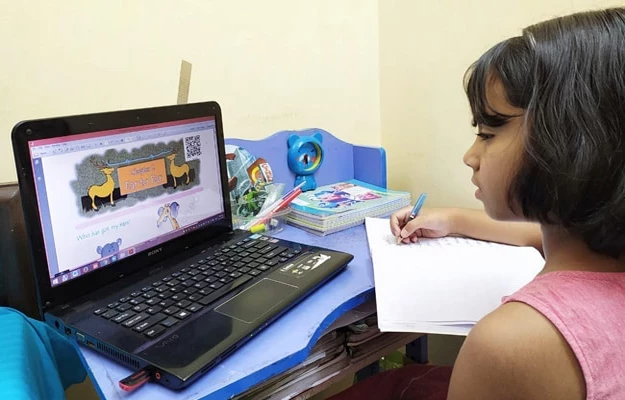Schools demanding fees for facilities and activities not availed by students during lockdown amounts to 'profiteering' and 'commercialization', the SC held.
The Supreme Court partly allowed the schools' appeal, by allowing them to collect annual tuition fee after giving a deduction of 15% towards the savings made on account of overheads and operational costs. The Court has allowed six monthly instalments for the payment of fees.
The relevant observations made in the judgment(paragraphs 116 and 117) are :
"In law, the school Management cannot be heard to collect fees in respect of activities and facilities which are, in fact, not provided to or availed by its students due to circumstances beyond their control. Demanding fees even in respect of overheads on such activities would be nothing short of indulging in profiteering and commercialisation. It is a well known fact and judicial notice can also be taken that, due to complete lockdown the schools were not allowed to open for substantially long period during the academic year 2020-21. Resultantly, the school Management must have saved overheads and recurring cost on various items such as petrol/diesel, electricity, maintenance cost, water charges, stationery charges, etc.
Indeed, overheads and operational cost so saved would be nothing, but an amount undeservedly earned by the school without offering such facilities to the students during the relevant period. Being fee, the principle of quid pro quo must come into play.
However, no accurate (factual) empirical data has been furnished by either side about the extent to which such saving has been or could have been made or benefit derived by the school Management. Without insisting for mathematical exactitude approach, we would assume that the school Management(s) must have saved around 15 per cent of the annual school fees fixed by the school/adjudicated by the Statutory Regulatory Authorities for the relevant period."
"We would assume that at least 15 per cent of the annual school fees would be towards overheads/expenses saved by the school Management. Arguendo, this assumption is on the higher side than the actual savings by the school Management of private unaided schools, yet we are inclined to fix that percentage because the educational institutions are engaged in doing charitable activity of imparting and spreading education and not make money. That they must willingly and proactively do. Hence, collection of commensurate amount (15 per cent of the annual school fees for academic year 20202021), would be a case of profiteering and commercialisation by the school Management".
Schools must be responsive to the hardships faced by students and parents
The Court further observed :
"The school Management supposedly engaged in doing charitable activity of imparting education, is expected to be responsive and alive to that situation and take necessary remedial measures to mitigate the hardship suffered by the students and their parents. It is for the school Management to reschedule payment of school fee in such a way that not even a single student is left out or denied opportunity of pursuing his/her education, so as to effectuate the adage "live and let live"".
While allowing schools to charge 85% of the annual fees, the Court also directed that no student should be debarred from attending either online classes or physical classes on account of non-payment of fees, arrears/outstanding fees including the installments,and shall not withhold the results of the examinations of any student on that account.
If any individual request is made by the parent/ward finding it difficult to remit annual fees for the academic year 2020-21 , the school Management must consider such representation on case to case basis sympathetically.
The school Management shall not withhold the name of any student/candidate for the ensuing Board examinations for Classes X and XII on the ground of nonpayment of fee/arrears for the academic year 2020-21, if any, on obtaining undertaking of the concerned parents/students.








0 Comments
It's all about friendly conversation and small review :) I'd love to hear your thoughts.
EmojiBe sure to check back again because I do make every effort to reply your comments here..